
Event
The Public's Right of Access to Court Proceedings: Power, Practice, and Promise
An event exploring the right of access, transparency in the courts, and technology law
Columbia University and Online
On May 10, 2024, "The Public's Right of Access to Court Proceedings: Power, Practice, and Promise" will bring together lawyers, academics, students, journalists, and activists for an event exploring the public’s right of access to court records, transcripts, trial exhibits, and other materials, with a focus on civil litigation and technology law cases.
Technology plays a large and growing role in our economy, politics, and society. Yet tech companies sometimes shield information on their technologies and business practices from public view. An important avenue to understanding technologies, technology companies, and the development of technology law is through courts’ litigation dockets—that is, through court records, transcripts, and other materials that capture the evidence and arguments that animate litigation.
This event will bring together leading thinkers, advocates, reporters, and watchdogs to share information and tools. Event speakers will discuss the many opportunities and challenges with using litigation dockets to understand technology and technology law. The event will explore the procedural rules for sealing secret information, the limits of transparency, and proper bases for secrecy, and investigate potential reforms to secrecy practices in civil litigation, including a potential Federal Rule of Civil Procedure on sealing.
This event is hosted by the Columbia Law School Program on Science, Technology, and Intellectual Property Law and the Columbia Law School Science, Health, and Information Clinic. It is co-sponsored by the Public Interest Patent Law Institute and the Knight Institute.
Schedule
-
Columbia Italian Academy Theater
1161 Amsterdam Avenue, New York, NY 10027
Registration & Breakfast
Breakfast will be provided.
Opening Remarks
- Christopher Morten, Columbia Law School
Panel 1: The Power of the Public’s Right of Access: Court Dockets as Information Sources for Journalists, Activists, and Researchers
This panel discusses the role of public access to court dockets in uncovering vital information for journalists, activists, and researchers. Panelists will highlight their experiences accessing and using litigation records as rich information sources and levers of policy change. Many of the panelists’ experiences will focus on public understanding of technologies and technology companies.
Panelists
- Malena Carollo, The Markup
- Jeremiah Johnson, PrEP4All
- Benjamin Lesser, Reuters
- Al-Amyn Sumar, The New York Times
Moderator
- Christopher Morten, Columbia Law School
Break
Panel 2: The Public’s Right of Access in Practice: Success and Challenges in Obtaining Information from Courts
This panel explores the current legal landscape of the public's right of access, identifying effective strategies while acknowledging potential challenges, including overbroad or unjustified sealing of key information. The discussion will cover a wide range of legal fields, including antitrust, patent, class actions, and other civil litigation.
Panelists
- Hannah Brennan, Hagens Berman LLP
- Bernard Chao, University of Denver Sturm College of Law
- Aaron Mackey, Electronic Frontier Foundation
- David Schulz, Yale Law School
Moderator
- Alex Moss, Public Interest Patent Law Institute
Keynote Address
- Judge Timothy Dyk, U.S. Court of Appeals for the Federal Circuit
Lunch
Lunch will be provided.
Panel 3: Countervailing Interests and Proper Limits on Public Access
This panel examines the complex balance between the public’s right of access and compelling reasons to restrict access, such as personal privacy and trade secrecy. Panelists will discuss mechanisms for protecting sensitive information, such as anonymity and pseudonymity; the potential hazards of making sealing too difficult for litigants; and implications for other vital interests, such as press freedom and accuracy.
Panelists
- Amber Baylor, Columbia Law School
- David Pozen, Columbia Law School
- Elizabeth Rowe, University of Virginia School of Law
- Eugene Volokh, UCLA Law and the Hoover Institution
Moderator
- Scott Wilkens, Knight First Amendment Institute
Break
Panel 4: Fortifying the Public’s Right of Access for the Future
This panel evaluates the wide range of approaches to the public’s right of access taken by different courts and judges, including through local rules and standing orders. The discussion will address the benefits and drawbacks of different approaches as well as potential avenues for improvement, exploring past efforts and future possibilities, including a potential Federal Civil Rule of Procedure on sealing.
Panelists
- Tabitha Woodruff, Public Justice
Moderators
- Christopher Morten, Columbia Law School
- Alex Moss, Public Interest Patent Law Institute
Closing Remarks
- Alex Moss, Public Interest Patent Law Institute
Speakers
-

Amber Baylor
Columbia Law School
-
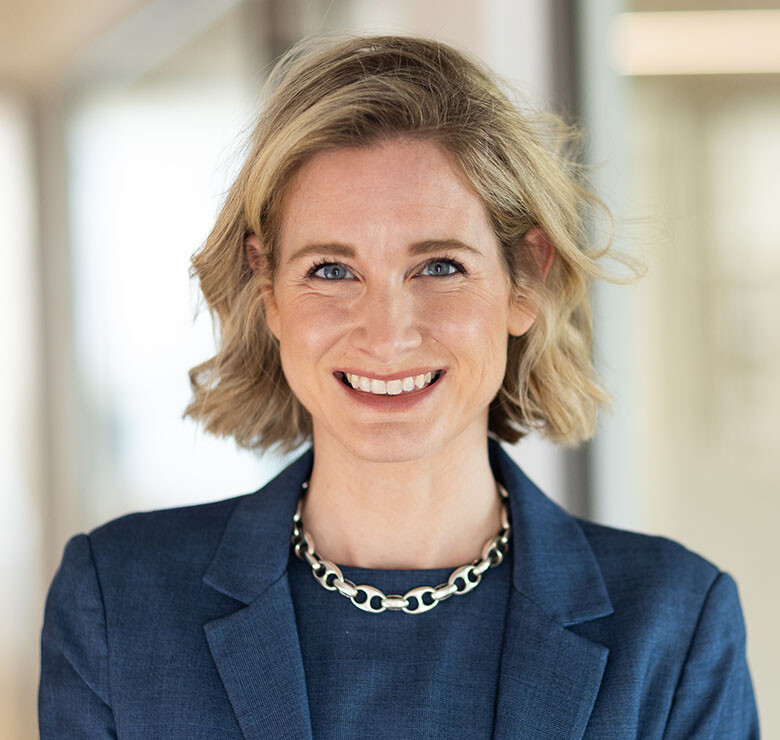
Hannah Brennan
Hagens Berman
-

Malena Carollo
The Markup
-
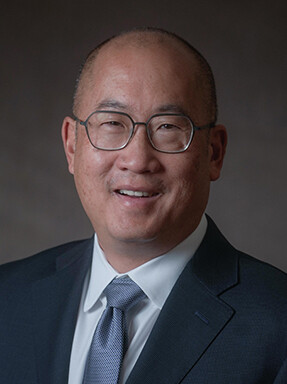
Bernard Chao
University of Denver Sturm College of Law
-
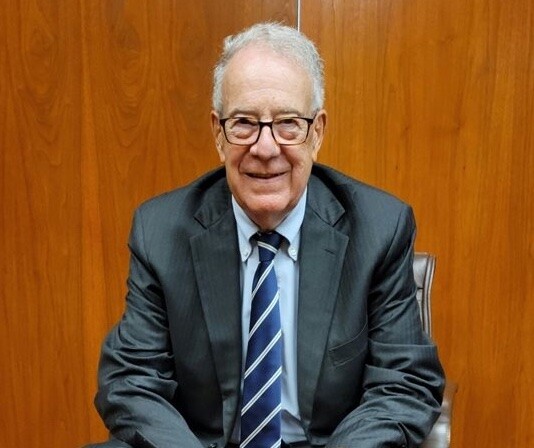
Timothy B. Dyk
U.S. Court of Appeals for the Federal Circuit
-
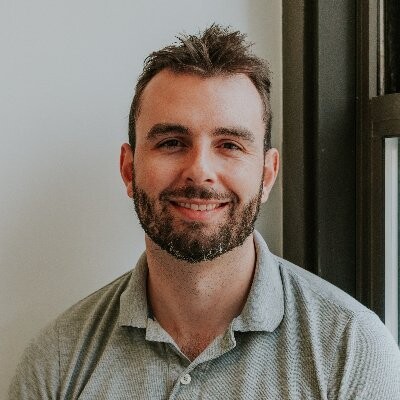
Jeremiah Johnson
PrEP4All
-

Benjamin Lesser
Thomson Reuters
-

Aaron Mackey
Electronic Frontier Foundation
-

Jonathan Manes
MacArthur Justice Center and Northwestern Pritzker School of Law
-

Christopher Morten
Columbia Law School
-

Alex Moss
Public Interest Patent Law Institute
-

David Pozen
Knight Institute Senior Visiting Research Scholar 2017-2018; Columbia Law School
-

Elizabeth Rowe
University of Virginia School of Law, LawTech Center
-

David A. Schulz
Media Freedom & Information Access Clinic at Yale Law School
-
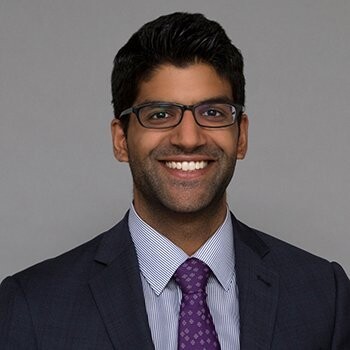
Al-Amyn Sumar
The New York Times
-

Katie Townsend
Reporters Committee for Freedom of the Press
-

Eugene Volokh
UCLA School of Law
-

Scott Wilkens
Senior Counsel, Knight Institute
-

Tabitha Woodruff
Public Justice